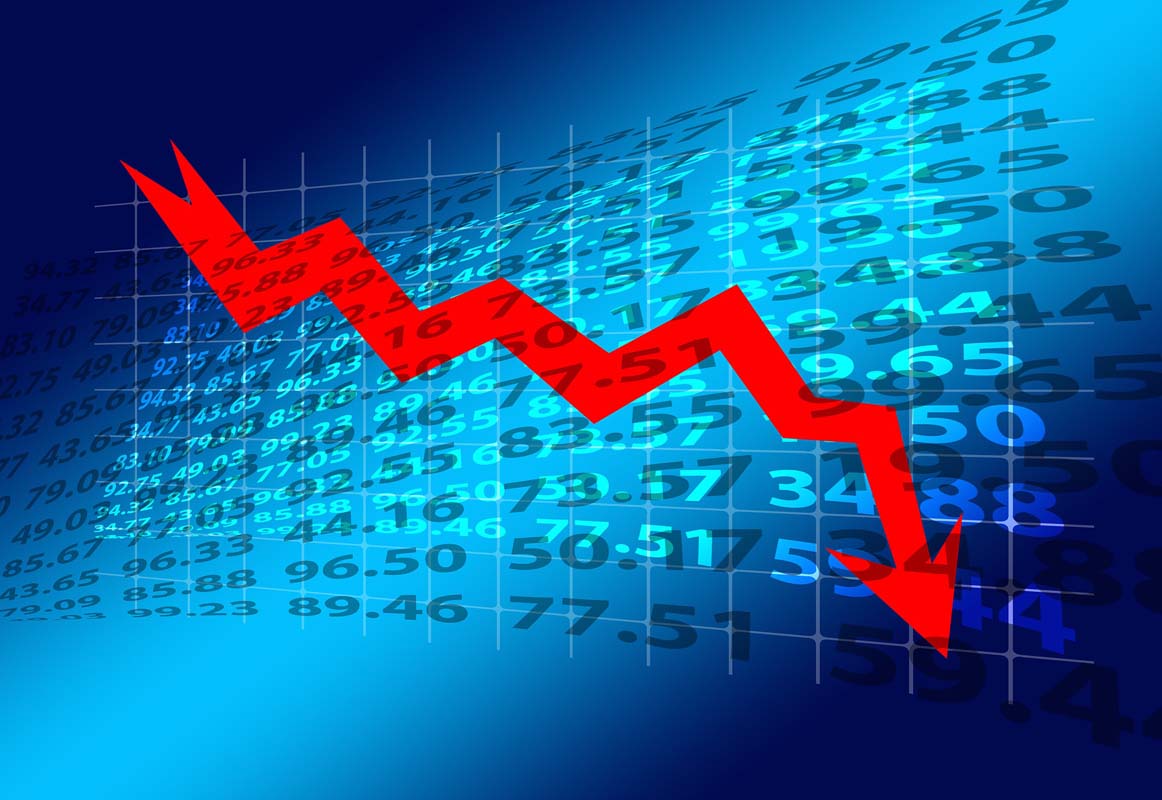
403
Sorry!!
Error! We're sorry, but the page you were looking for doesn't exist.
Germany's annual consumer inflation rate drops to 2.3 percent in January
(MENAFN) Germany's annual consumer inflation rate eased to 2.3 percent in January, falling short of the market's expected 2.6 percent. This figure represents a decline from December’s inflation rate of 2.6 percent, driven mainly by a significant slowdown in food price increases, as per flash data from Destatis, the country's federal statistical office.
Food prices experienced a much slower rise in January, with an increase of just 0.8 percent year-on-year, compared to a 2 percent rise in December. This slowdown in food inflation played a key role in bringing down the overall inflation rate for the month, providing some relief to consumers.
Energy costs also contributed to the overall easing of inflation, dropping by 1.6 percent on an annual basis. This continued the trend of declining energy prices, which had already been observed in December. The drop in energy costs helped offset some of the pressures from other sectors.
Core inflation, which excludes volatile food and energy prices, also showed signs of moderation, falling to 2.9 percent in January from 3.3 percent in the previous month. On a monthly basis, consumer prices dipped by 0.2 percent in January, indicating a slight deflationary trend at the start of the year.
Food prices experienced a much slower rise in January, with an increase of just 0.8 percent year-on-year, compared to a 2 percent rise in December. This slowdown in food inflation played a key role in bringing down the overall inflation rate for the month, providing some relief to consumers.
Energy costs also contributed to the overall easing of inflation, dropping by 1.6 percent on an annual basis. This continued the trend of declining energy prices, which had already been observed in December. The drop in energy costs helped offset some of the pressures from other sectors.
Core inflation, which excludes volatile food and energy prices, also showed signs of moderation, falling to 2.9 percent in January from 3.3 percent in the previous month. On a monthly basis, consumer prices dipped by 0.2 percent in January, indicating a slight deflationary trend at the start of the year.

Legal Disclaimer:
MENAFN provides the
information “as is” without warranty of any kind. We do not accept
any responsibility or liability for the accuracy, content, images,
videos, licenses, completeness, legality, or reliability of the information
contained in this article. If you have any complaints or copyright
issues related to this article, kindly contact the provider above.


















Comments
No comment